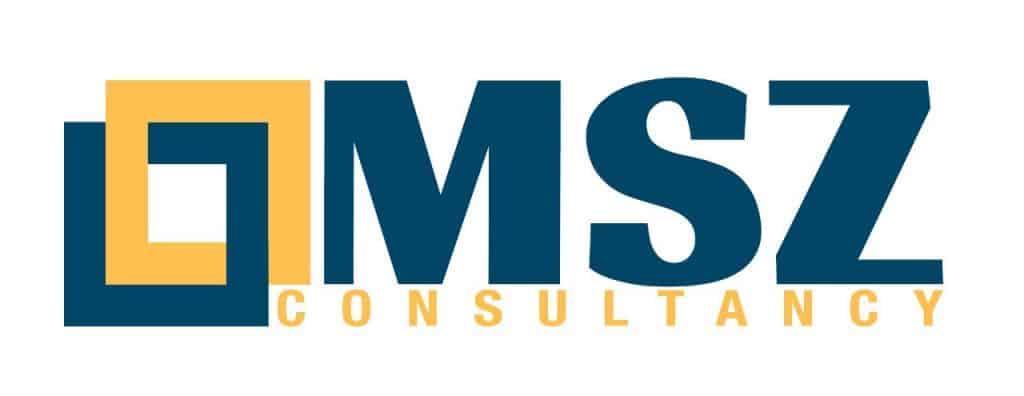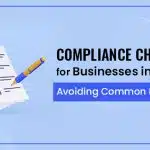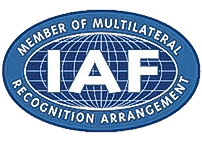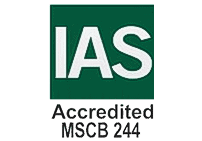Numerous institutions in the UAE require documents to be attested or notarized before they are official. This is typically due to a wide range of reasons. Usually, companies request that documents submitted by employees, like college certificates and other instructional materials, be attested.
However, there can be a bit of confusion surrounding the differences between attestation and notarization. There are key distinctions between the two, and the below article will aim to explain that better.
What is Notarization?
Document notarization in Dubai is the process of ensuring that a document is reliable and verifiable. This verification is typically requested by government officials or prospective employers. Documents are often notarized when giving power of attorney or providing consent for a minor to travel abroad.
This process is often completed in front of a designated official or notary to ensure that the individual signing a particular document does so of their own free will. Additionally, this party will verify the identity of all involved parties and authenticate the documents in question.
After the present parties sign the document, the notary will add their signature and an official notary seal that verifies its authenticity.
In some countries, the notary public process can be completed online. But that’s not necessarily the case for the UAE. In this region, the protocol for notarization requires an agent and the party in question to visit the notary public to process the paperwork. Without the client’s presence, the documents would not be able to be processed.
What is Attestation in Dubai?
Attestation is a lengthier process compared to notarization. Most of the time, attested documents are educational qualifications and certificates. For example, if you are from another country and have been accepted by a new company, you may be asked for these credentials. But for the government to verify that the information is authentic, it will need to be correctly processed.
For certificate attestation in Dubai, the process must be performed by the applicant and the particular authority in their home country. That country’s external affairs department will also need to attest to the documents. From there, it will go on to the UAE Embassy in that country and then on to the Ministry of Foreign Affairs in the UAE.
Key Differences Between Both
To distinguish the two further, notarization is a process where documents must be completed in front of a notary public and nowhere else. But attestation, on the other hand, is a process where a manuscript is submitted through a country’s government employees to ensure that it’s authentic.
With notarization, there is no actual “authenticating” being accomplished. Here, the signature of the person who owns and signs the document is the part that is verified. It is only through attestation that documents are reviewed and assessed by several different departments to guarantee that they’re genuine and ready to be used for legal purposes.
It should also be noted that each country has its own protocols and laws surrounding the notarization and attestation procedures.
What are the Common Types of Documents that Need Attestation?
In general, two types of documents are required to be attested: Educational and non-educational documents. Some examples of non-educational documents include marriage certificates, establishing commercial agents, withdrawal of partnership documents, clearance certificates, and other contracts.
These documents are attested with varying timeframes on completion. This timeframe depends on the practices that a particular country has regarding attestation. However, it can also differ depending on what type of document it is.

What are the Steps Involved in Document Attestation?
In the UAE, it’s not unusual for there to be occasions where certain documents must be attested. The steps you’ll want to take to complete the process are highlighted below.
Step 1: Notary Public Fee
To begin the process, you’ll need to have several documents handy: A minimum of two original documents and additional supporting documents such as your passport or Emirates ID. Some of these documents will need to be in both English and Arabic. You’ll need to have these available, legally translated, and stamped when required.
Once inside, you’ll need to meet with two notaries. Here, you’ll be required to submit two tokens. The first notary will verify your document, while the second will rectify your document and compare signatures.
After meeting with these notaries, you’ll be directed to pay AED 110 for each notarization. The documents can then be collected from the second notary, who will store one of the original copies of your document.
Step 2: The Ministry of Justice
You will need to either personally travel to the Ministry of Justice, or send someone else for you to stamp your document. The cost for this process is AED 52 and will need to be paid before having your document stamped.
Step 3: The Ministry of Foreign Affairs
As a final step, you’ll need to secure a stamp from the Ministry of Foreign Affairs. The fees for processing these documents can vary based on the type but will average roughly AED 150 each.
Documents that Need Notarization
Some documents are not enforceable legally in the UAE without being notarized to protect concerned parties from fraud. Public notaries in the UAE ensure that individuals signed the document and were not forced or coerced into doing so. Legal documents, typically, will require the official seal or signature of the public notary. Some of the documents that will need notarization include:
1. Wills, deeds, and trusts
These are the most common document types that require a public notary witness. These documents often involve the transfer of assets from one party to another.
2. Medical Documents
Medical documents will also need to be notarized. Documents provide detailed instructions about the type of medical care that a person wants when they are no longer capable of making decisions for themselves. In order to prevent any disputes between friends and family members, doctors will abide by the wishes of a patient as dictated in their medical documents.
3. Powers of Attorney
Power of attorney (PoA) is another document that must be duly notarized and attested. Powers of attorney are documents that legally prove that a person is acting on behalf of another individual. Typically, a power of attorney is given for a specific timeframe to allow its users to perform certain legal tasks. And for these documents to be seen as valid by both courts of law and financial institutions, they will need to be notarized.
Give us a call today at +971 52 544 1248 to speak to our skilled business and legal experts to answer any of your questions about the notarization or attestation process. Our business consultants can help you through the procedures step by step to ensure that everything goes smoothly.
Frequently Asked Questions
Processing important business and legal documents can be quite an ordeal if you’re not accustomed to the rules and regulations. And you’ll surely pick up a few questions along the way! To help make sense of it all, we’ve put together a few of our most frequently asked questions!
1. Can attestation be completed by a notary?
Yes! The signature of a notary lawyer is valid for attestation of documents. You will need to get the document signed and sealed by a notary lawyer before continuing through the attestation process.
2. How can I certify documents in Dubai?
Attestation of copies of personal documents can be performed by a notary public in Dubai, lawyers in the UAE, and other authorities that are issuing departments. Jurisdictions outside of the UAE will need various documents to be stamped and witnessed by lawyers.
3. Is a certified true copy the same as being notarized?
A notarized copy is signed by a notary public, while a certified copy is a document that’s signed by a person nominated by the agency that requested it.
4. What is the difference between notary and agreement?
A notary public only verifies the identity of the licensors and licensees signing an agreement by stamping the document as ‘signed before me.’ A notarized agreement will have this seal and the sign for the notary on the last page of the contract.











